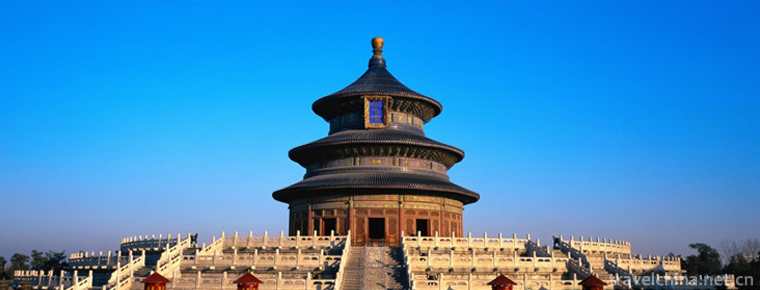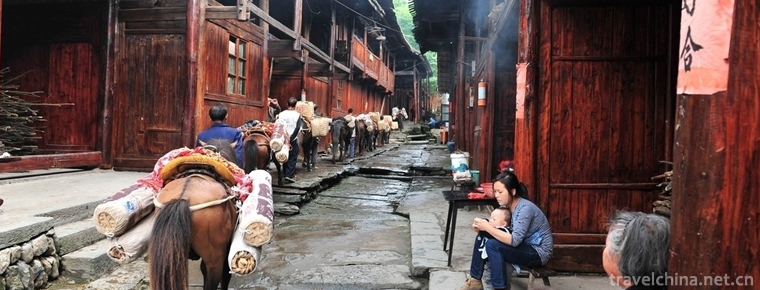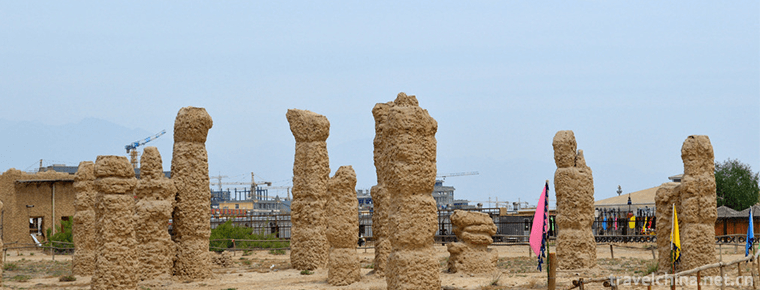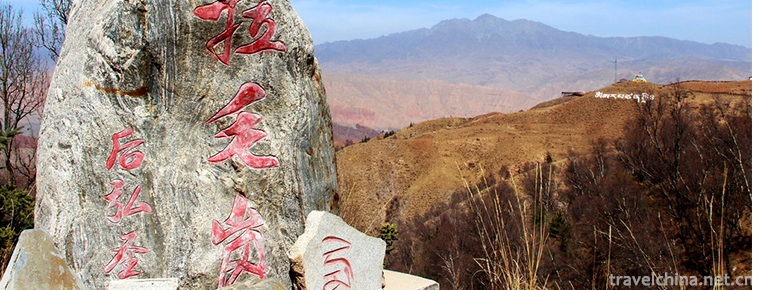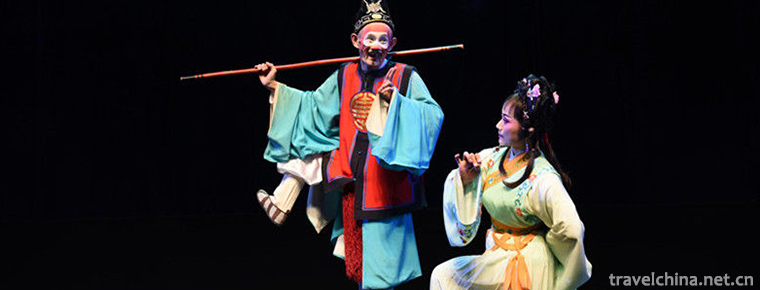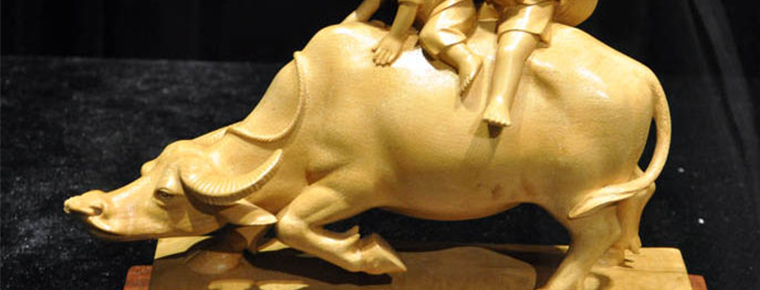Shicheng mountain
Shicheng mountain
It is located in Shicheng mountain, Hengjiang Town, Xuzhou District, Sichuan Province. The total area is 5500 mu, including 4100 mu of forest. Shicheng mountain inclines from southwest to northeast. It has a good momentum, 840-1115.9 meters above sea level. It has a mild climate and four distinct seasons. The temperature in the mountain is lower than 6C ~ 7C at the foot of the mountain, so it is an ideal summer resort.
brief introduction
Shicheng mountain is located in Hengjiang Town, Xuzhou District, Yibin City. It is 51 kilometers away from Yibin City and 44 kilometers away from the county seat of Yibin County. The total area of Shicheng mountain is 5500 mu, including 4100 mu of forest area. Shicheng mountain inclines from southwest to northeast, and the landform is shallow hills, with elevation of 840-1115.9 meters. The annual average temperature of Shicheng mountain is 12.7 ℃ - 14 ℃, and the highest monthly average temperature is 23.1 ℃ - 25.8 ℃, The lowest monthly average temperature is 1.2 ℃ - 2.5 ℃. There are 327 species of plants belonging to 87 families in Shicheng mountain; there are more than 20 species of wild animals in Shicheng mountain; Shicheng mountain has a special geographical location which is easy to defend and hard to attack, which has been a must for strategists since ancient times; Shicheng mountain has shidakaizhaimen, guzhandao, diecuihu, Sangushui waterfall, Xiannv lake, shuilian cave, Guanyinge, Dishui cave, Wansong temple, Guanjia cave, Yusi temple, Erlong grabbing treasure, Qushui Liujiu Stalagmite, virgin forest, wild monkey community and other landscapes.
Geology and geomorphology
Shicheng mountain area is located in the transition zone of Yunnan Guizhou Plateau around the basin of southern Sichuan. The mountain is inclined from southwest to northeast. The landform is in the shape of shallow hills, with the elevation of 840-1115.9 meters.
Climatic characteristics
Shicheng mountain belongs to subtropical humid monsoon climate, with annual average temperature of 12.7 ℃ - 14 ℃, maximum monthly average temperature of 23.1 ℃ - 25.8 ℃ and minimum monthly average temperature of 1.2 ℃ - 2.5 ℃.
Special products
Rare tree species in Shicheng mountain include: frame barrel, camphor, red bean, Castanea henryi, etc;
The scattered tree species in Shicheng mountain include Phoebe nanmu, Zhenyu, mashuo, Schima superba, Tanmu, etc;
Shicheng mountain shrubs: Camellia oleifera, Rhododendron, Litsea, etc;
There are more than 10 kinds of bamboos in Shicheng, such as bamboos, water bamboos, bitter bamboos, thrush bamboos, and Neosinocalamus affinis;
The herbaceous plants in Shicheng mountain are: Fengwei forehead, trigeminal Tibetan, Crotalaria, orchid, Gastrodia elata, honeysuckle, bupleurum, Ophiopogon japonicus, etc;
The wild animals in Shicheng mountain include: monkey, goat, hedgehog, squirrel, Caragana, bamboo chicken, turtledove, thrush, magpie, yellow heron, etc.
Human history
When Zhang Xianzhong led his army to Sichuan, he surrounded Shicheng mountain with Feng Shuangli. At night, he used "fire sheep array" to attack the gate of the village, killing more than 20000 officers and soldiers of the Ming Dynasty. According to the records of Yibin County · mountains and rivers written by Jiaqing of the Qing Dynasty, "Shicheng mountain, which governs a hundred Li to the west, is high and precipitous, surrounded by a city, that is, the ancient Shimen road. The bandit gang Feng Shuangli attacked the mountain, killing about ten thousand people, and the blood was flowing soundly. " "In June of Jiashen year, the thief took Feng Shuangli to cross the Baishu river. On the 30th day of the twelfth lunar month, he broke the Shicheng mountain and killed more than two residents."
On November 26, 1862, the first year of Tongzhi reign of the Qing Dynasty, Shi Dakai, the wing king of the Taiping Heavenly Kingdom, led 100000 troops to occupy the area of Hengjiang town and Shuanglong town. He wanted to cross the river to conquer Yibin and directly pointed to Chengdu to control the situation. With its intention, the Qing army sent a large army to obstruct Hengjiang town. Shidakai retreated to Shicheng mountain, built a 3000 meter plank road between the cliffs, and guarded by four villages in the East, West, North and south. The two armies fought in February and there were casualties. At that time, the Taiping army generals Guo Jiyi and Feng Bainian secretly submitted a letter to Qing General Liu yuezhao to surrender and set fire to the village. In addition, the Qing general Huzhong broke into the road and was forced to retreat to the foot of the mountain. On January 31, 1863, Shi Dakai led the remnant to break through the encirclement, crossed the Hengjiang river through yanzipo and retreated into Yunnan. In the first battle of shichengshan, the Taiping army lost more than 40000 soldiers.
In 1910, Li Fuxi, Zhao Duan, Li Longyan and other comrades formed the Guanhe army and raised the banner of righteousness in Shicheng mountain. After being surrounded by the Qing army, hundreds of martyrs died in yaogutuo.
In September 1930, at the request of Xiao Xizhen, leader of Guanhe Baoshang, Liu Wencai's troops surrounded and exterminated the "big sword club" led by Liu Mingji in Shicheng mountain. Soldiers set fire to the mountain, and the "big sword club" suffered heavy damage. The magnificent "Wansong Temple" turned into ashes at that time.
In February 1935, he was ordered to stay in Hengjiang to prevent the Red Army from passing through pan Wenhua's headquarters in Yibin during the long march to build fortifications and blockhouses in Shicheng mountain. For a while, the atmosphere was tense. Unexpectedly, the Red Army crossed Chishui in four directions and went northward by a detour.
In 1950, Zheng Jingwei (Fulong, graduated from the sixth phase of Huangpu, former director of a Political Department of the 39th army of the Kuomintang and joined the army of Chuankang appeasement Office), Chen Yunpeng (former battalion commander of a battalion of the 72nd army of the Kuomintang), and Jiang Shuqing (leader of Fengyi bandits) established the "Southwest anti Communist and national salvation command". Four PLA comrades, including company commander Li Keyun, once captured the new Hengjiang people's government. Zheng Jingwei called on all parts of southern Sichuan and declared that "he vowed to let Yinan become Taiwan and make Hengjiang River Xichang.". The 131 regiment of the people's Liberation Army quickly advanced to Hengjiang, and the first detachment of the "anti Communist and national salvation army" retreated into shichengshan to resist. On June 10, the 1st Battalion of regiment 131 was divided into two routes: one was to carry out a strong attack from the front to break the enemy's fortifications; the other was to climb up from the rock gap to occupy the commanding height and launch an attack from top to bottom. The bandits were caught off guard and ran away in a hurry. Soon, the remnants of each unit were successively surrounded and annihilated by the PLA. After the second liberation of Hengjiang, Zheng Jingwei's dream of "establishing a base suitable for the South behind the enemy's rear" was completely shattered.

-
Tiantan Park
No. 1 donglijia, Tiantan, Dongcheng District, Beijing, China.
Views: 428 Time 2018-10-02 -
Tea horse ancient road
Tea-horse ancient road refers to the folk international trade.
Views: 216 Time 2018-10-17 -
Zhenbeibao West Film City
Zhenbeibao Western Film City, located in Yinchuan City, Ningxia Hui Autonomous Region, is a national AAAAA-level tourist attraction integrating sightseeing, entertainment, leisure, catering and shoppi.
Views: 147 Time 2018-12-12 -
Yellow River Grand Canyon
The Yellow River Grand Canyon is located in Qingtongxia Town, Wuzhong City, Ningxia. It is 20 kilometers away from Wuzhong City. It is a scenic spot of the Yellow River Canyon composed .
Views: 158 Time 2019-01-18 -
Zhangye National Wetland Park
Zhangye National Wetland Park is located in the northern suburbs of Ganzhou District, Zhangye City, which is closely linked with the urban area. Wetland area of 62,000 mu, the main body is located in .
Views: 158 Time 2019-03-16 -
Song of Sichuan river
Chuanjiang chant is a kind of traditional folk singing form that the shipworkers in Chuanjiang valley of Sichuan and Chongqing area lead the singing by the trumpeters for unified movement and rhythm.
Views: 160 Time 2019-04-19 -
Gao Jia Opera
Gaojia Opera, a local traditional drama in Quanzhou City, Fujian Province, is one of the national intangible cultural heritage..
Views: 151 Time 2019-04-30 -
Boxwood carving
Boxwood carving is one of the traditional folk carving arts in Zhejiang Province. It uses boxwood as carving material and uses the natural form of boxwood, which is smooth, delicate in texture and sol.
Views: 152 Time 2019-05-04 -
Chuzhou University
Chuzhou University is a full-time general in Anhui province. Undergraduate Colleges Yes. Anhui higher education revitalization program "Local application type" High level University Construc.
Views: 150 Time 2019-11-09 -
The evolution of Guangyuan
Guangyuan was ruled by Yin state in Xia Dynasty and Ju state in Zhou Dynasty. At that time, the state of Ju was in a state of tripartite confrontation with the states of BA (governing Chongqing) and Shu (governing Chengdu)..
Views: 299 Time 2020-12-15 -
Suining first industry
In 2019, the total output value of agriculture, forestry, animal husbandry and fishery in Suining will reach 30.998 billion yuan, an increase of 3.4% over the previous year..
Views: 331 Time 2020-12-16 -
History of Guangan
Guang'an belonged to Liangzhou in ancient times and Yongzhou in Yin and Shang Dynasties. In the fifth year of King Shenliang of Zhou Dynasty (316 BC), Qin destroyed Bashu and established Ba and Shu counties. Today, Guang'an District, Qianfeng District, Linsh.
Views: 295 Time 2020-12-19
